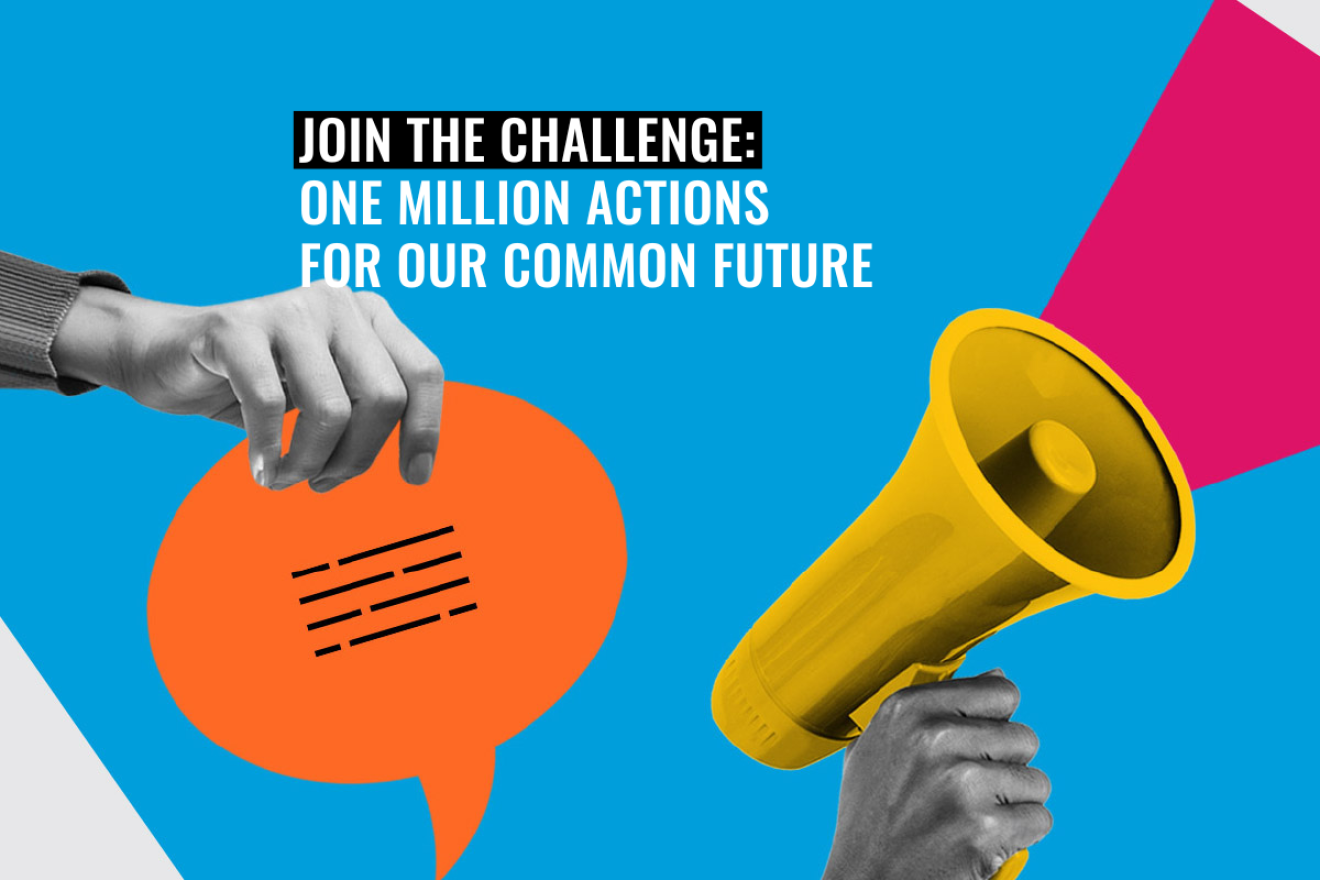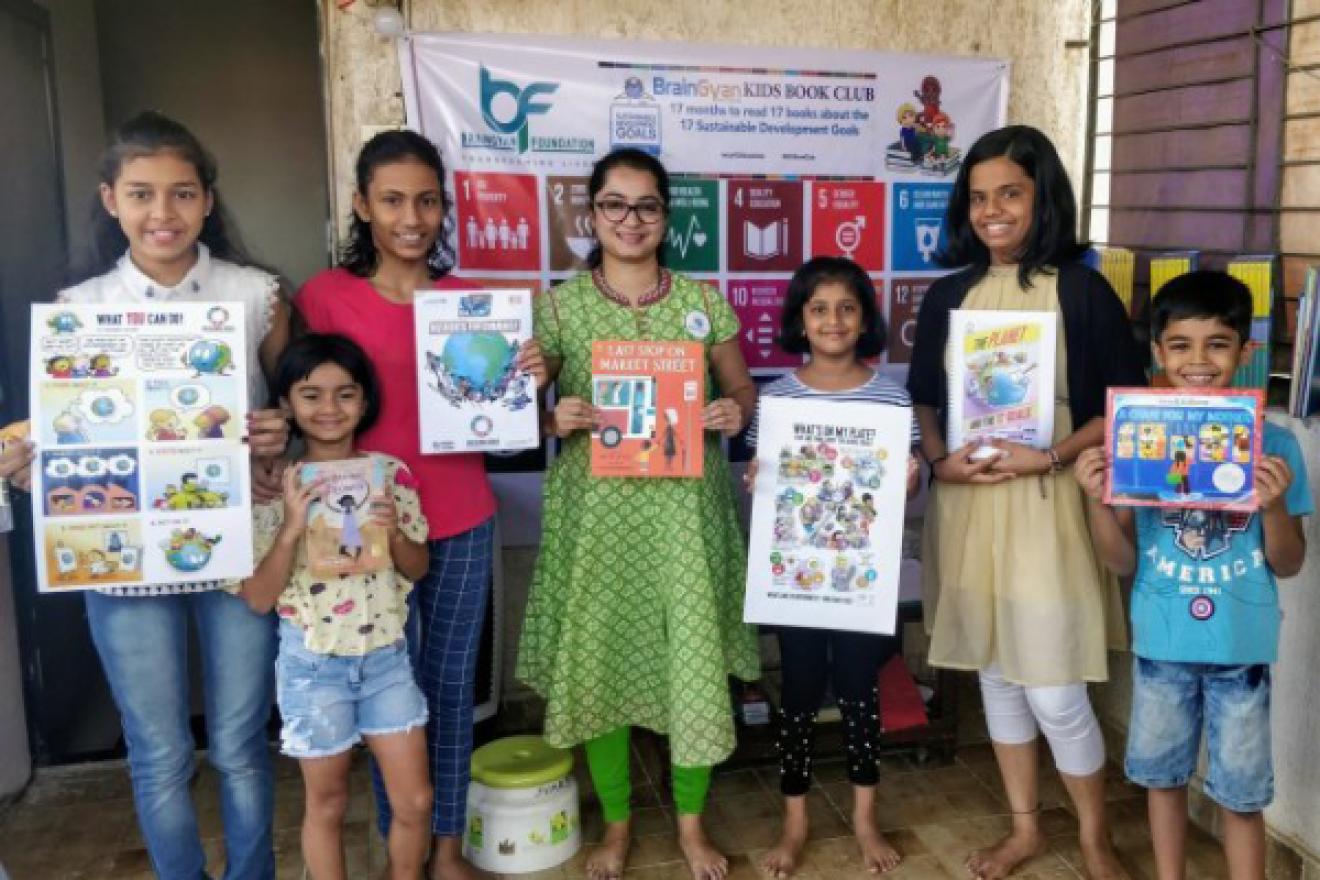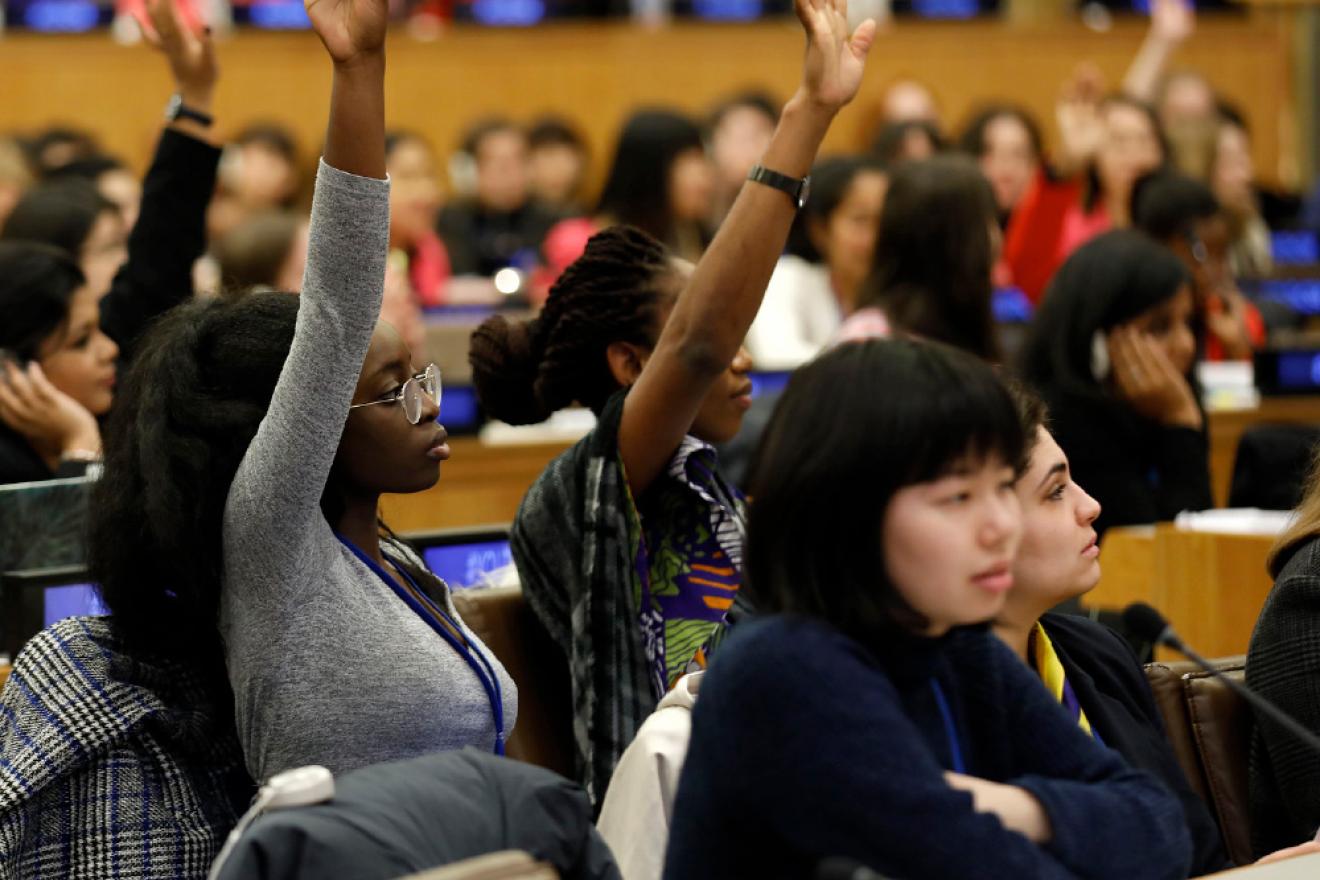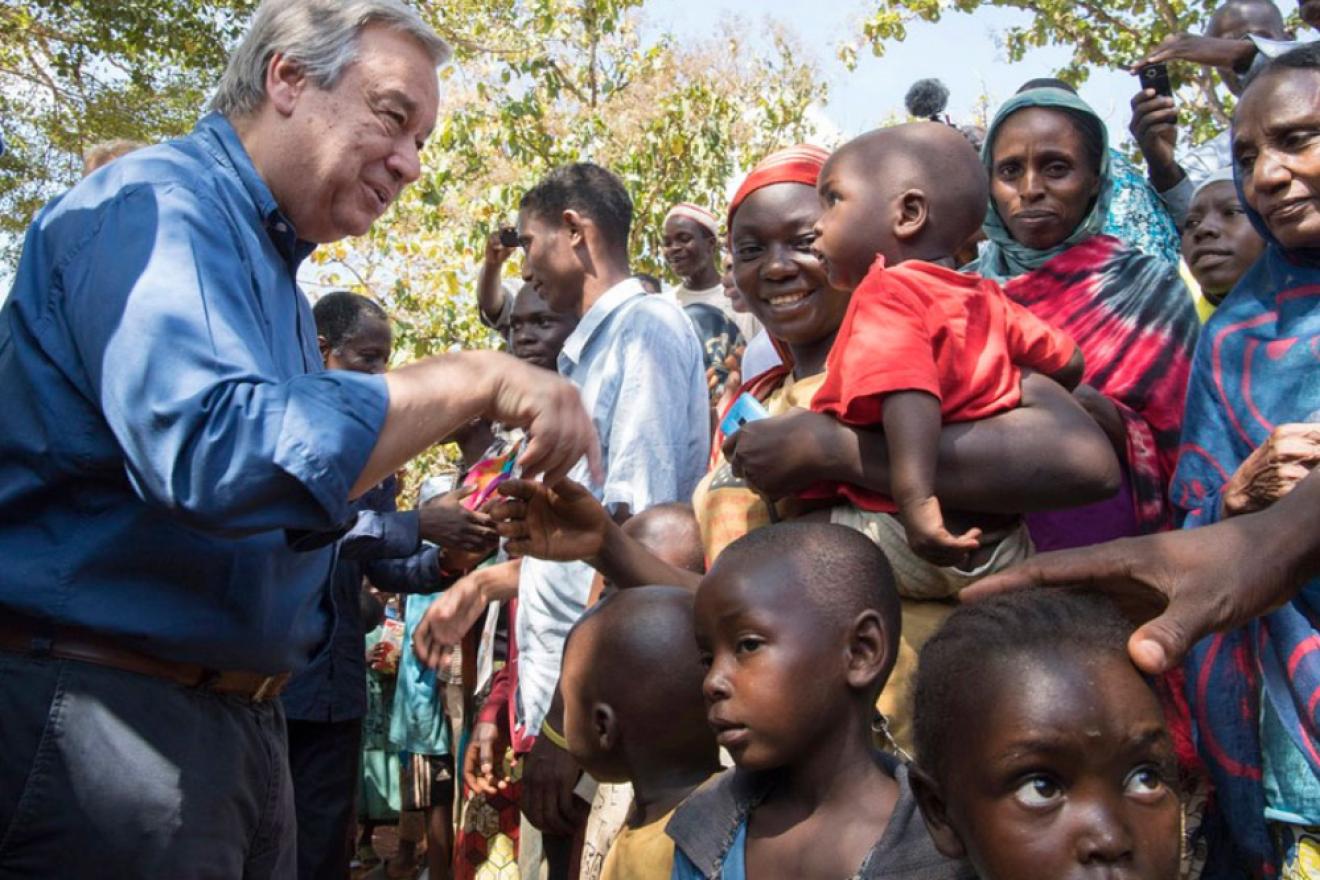ActNow is the UN campaign to inspire people to act for the Sustainable Development Goals (SDGs). In the lead up to the Summit of the Future, join the 1 Million Actions for our Common Future challenge to contribute to a more sustainable and peaceful world. Find new inspiring actions on the app and at un.org/actnow.
A Better Tomorrow with South-South Cooperation
The South-South Cooperation Day (12 September) is a vital occasion to highlight the importance of collaboration among developing countries in the Global South. This day underscores the power of solidarity, knowledge exchange, and shared experiences in addressing common challenges such as poverty, inequality, and sustainable development. Under the theme A Better Tomorrow with South-South Cooperation, our UN celebration will take stock of our progress and highlight opportunities and challenges for South-South cooperation. Follow our live event and share the message!

Gaza: Six UNRWA staff killed in strikes on school sheltering displaced people
11 September 2024 — Six staff members with the UN agency that assists Palestine refugees, UNRWA, were killed in Gaza on Wednesday when two Israeli airstrikes hit a school-turned-shelter and its...
New how-to guide speeds global race for renewable energy
11 September 2024 — Governments, industry and other key players can now deploy a new action-oriented toolkit to ensure the global energy transition unfolds with equity, justice and sustainability...
Mpox: UNHCR launches $21.4 million appeal to support refugees in African countries
11 September 2024 — The UN refugee agency, UNHCR, appealed on Wednesday for $21.4 million to urgently scale up health services for forcibly displaced people in African countries impacted by the...























